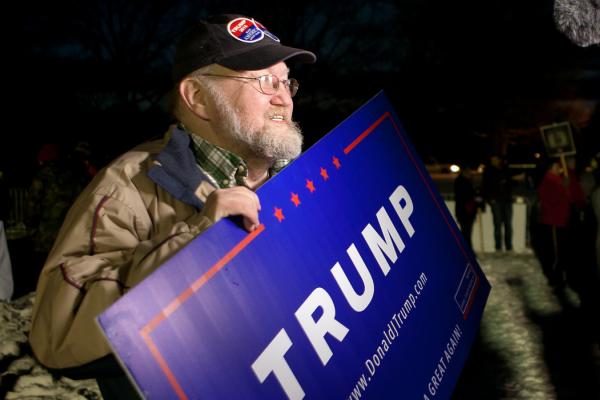Jun 1, 2016
True religion is radical. It moves us beyond our “private I” and into full reality. Jesus seems to be saying in the Sermon on the Mount (Matthew 5-7) that our inner attitudes and states are the real sources of our problems. We need to root out the problems at that level. Jesus says not only that you must not kill, but that you must not even harbor hateful anger. He clearly begins with the necessity of a “pure heart” (Matthew 5:8) and knows that the outer behavior will follow. Too often we force the outer and the inner remains like a cancer.
Read the Full Article

Already a subscriber? Login
